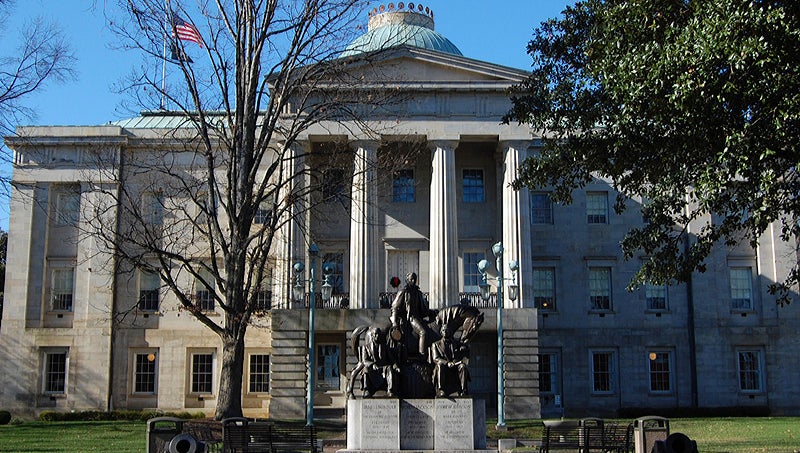Repair work needed
Published 2:32 pm Sunday, May 19, 2019

- (Wikipedia Commons)
Friday, a piece of legislation passed from N.C. House of Representatives to the N.C. Senate. This particular piece of legislation, if passed, would give 96 North Carolina county governments the ability to raise the local sales tax rate up to 7.25%. For Durham, Forsyth, Guilford, Mecklenburg, Orange and Wake counties, that number could go up to 7.5%, as each of these counties dedicates, by statute, 1/4% of their current taxes to public transportation.
It’s not a unilateral decision: each county would be able to decide for itself if, first, they want to place a referendum for a sales tax hike on the ballot. Then it would be up to voters to decide whether they want to increase taxes.
Beaufort County’s current sales tax rate is 6.75%. The state gets 4.75% of that, and the county gets 2%, which for fiscal year 2018-19, ended up coming in at around $9.5 million. An additional .50% would add quite a chunk of change to the county coffers.
The county, at its discretion, could choose one of two options, which would be displayed on the referendum ballot: either the county could use the additional sales tax revenue for “Any public purpose” or “Only public education purposes.”
Public education purposes would be: public school capital outlay purposes or any debt the county’s carrying because of such projects (new buildings, maintenance, etc.); supplements of classroom teacher salaries; or financial support of community colleges.
So, there are a lot of things the county could do with more sales tax, but school systems are underfunded and local teacher pay is much lower than the state-stated average of $54,000 a year. It would only be fair and right, if there were to be a sales tax increase, that those funds would be used for one, or both, of those purposes.
But here we are again, where the state, rather than funding public education fully, is trying to hand counties additional financial responsibility in making sure schools aren’t crumbling and teachers aren’t fleeing in droves to states where they’ll get paid a fair salary. Rather than fully fund public schools, they’re putting county governments in the difficult position of raising taxes and making the residents of Beaufort County pay out of pocket to fund what should be funded in the first place.
If teachers are paid a comparable wage and schools have money for much-needed repairs — that’s worth paying for. Also in much need of repair is the system that continually allows the bill to be kicked down to the county level.




